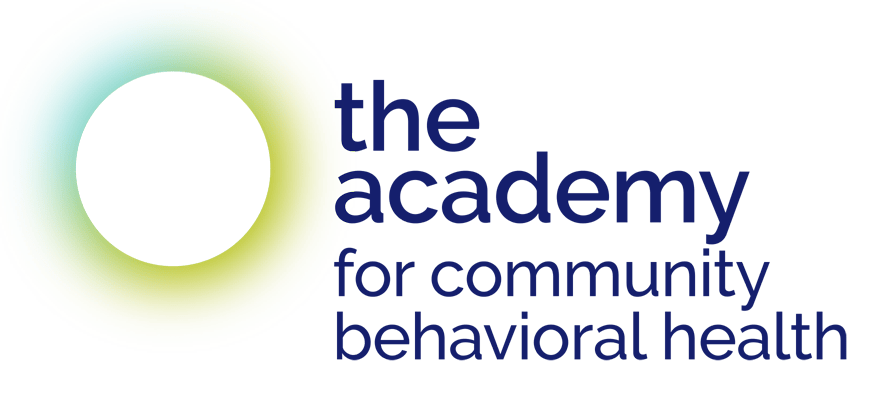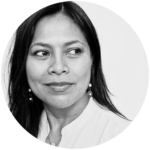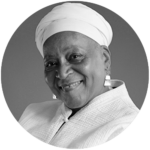All Scheduled Dates
None scheduled at this time
Course Type
Single-Session
Course Length
2.5 hours
QUESTIONS?
Email [email protected]
ATTENDANCE POLICY
Learners who complete this 2.5-hour course will receive a certificate of completion from the Academy.
Seeding Change: Care for Complex Trauma
DESCRIPTION
In this course we will explore the multiple ways systemic inequality and related harms impact ourselves and our communities. Through examining new and emerging research on trauma and healing, we will explore the rich and diverse tools that support physical and emotional wellness, that have been led in communities and passed down through generations. Focusing on healing tools, we will explore and discuss our own lineages – those cultural practices we learn from the places and people we come from.
Through exploring the healing methods we carry, and discussing these with our colleagues, we will begin to identify practices that support our own wellbeing, and the wellbeing of others. By affirming and remembering our own healing lineages, we plant seeds of care to reduce the impact of complex trauma.
WHAT TO EXPECT
- large group presentation and discussion on new and emerging research on trauma and healing
- introduction and facilitation of nervous system centering practices
- reflective writing and discussion on one’s own healing lineage
- small group discussion on care practice planning
COURSE OBJECTIVES
Participants will learn:
- How intersecting harms create complex trauma in individuals and communities
- Ways that communities hold rich and diverse means to heal physically and emotionally
- Specific practices and strategies to process strong emotions
- How to build or strengthen the ability to create a plan for one’s own care
- Increase awareness of the link between self care and compassion for others
- Identify and share healing practices from one's own lineage
ELIGIBILITY
This course is open to staff of any non-profit community organization or government agency that delivers social services in NYC. It is especially helpful for those looking for a deeper understanding of the impacts of trauma in your community and tools to apply to your own lives and the clients you work with.
INSTRUCTORS


